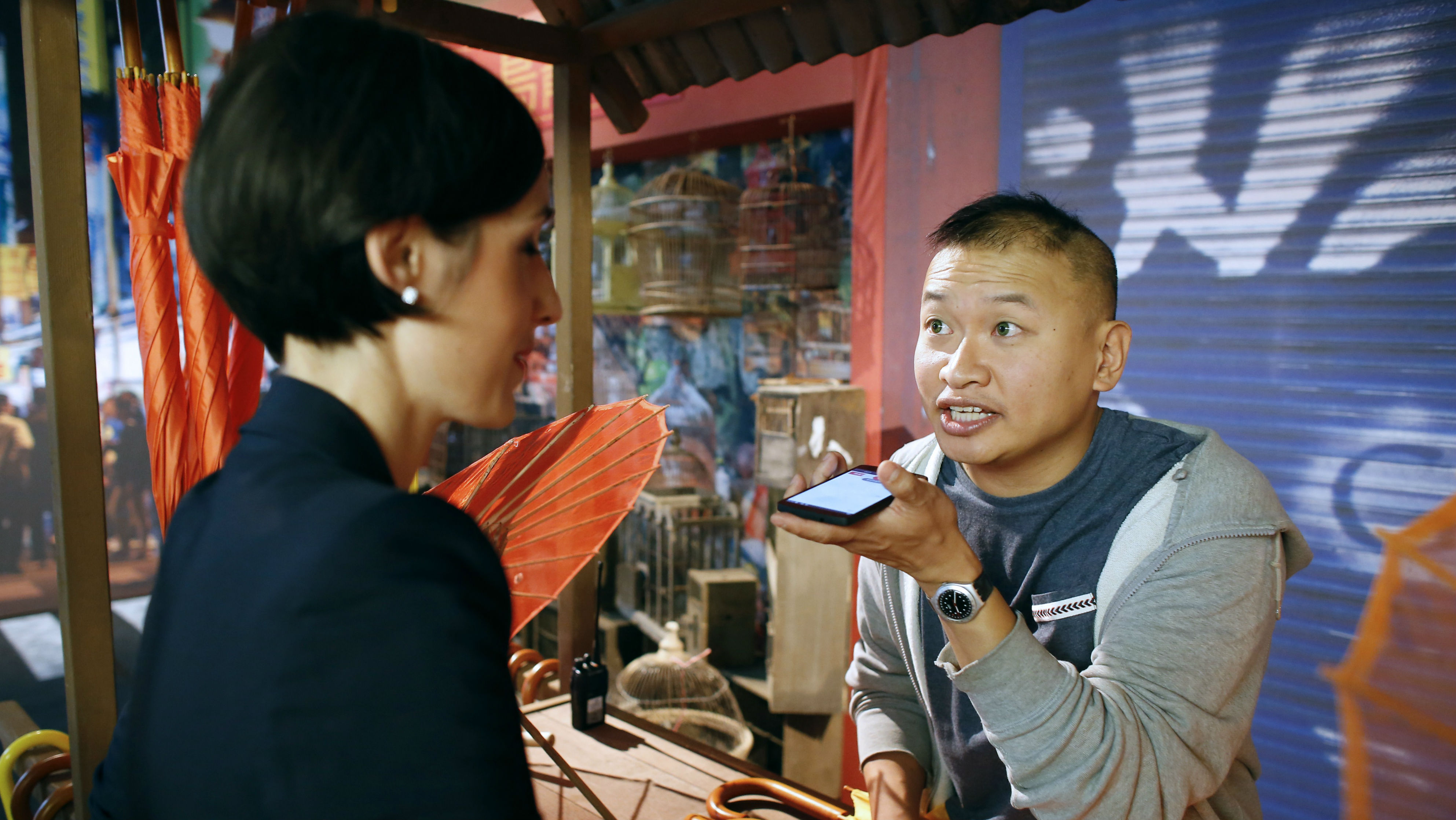Google Translate 'now almost as good as a human'
Artificial intelligence means language app will make 80 per cent fewer errors, says internet giant

A free daily email with the biggest news stories of the day – and the best features from TheWeek.com
You are now subscribed
Your newsletter sign-up was successful
Google has developed a new version of its Translate tool and according to the company, it's almost as good as human translation.
The app, like many other computer-powered translation services, lets tourists or people abroad for business speak in their own language and then translates it into that of the country they're in.
However, comically bad mistranslations are common and are seen as inevitably associated with automated translation. The new software Google is rolling out, which starts with a Mandarin to English version today, should change that.
The Week
Escape your echo chamber. Get the facts behind the news, plus analysis from multiple perspectives.

Sign up for The Week's Free Newsletters
From our morning news briefing to a weekly Good News Newsletter, get the best of The Week delivered directly to your inbox.
From our morning news briefing to a weekly Good News Newsletter, get the best of The Week delivered directly to your inbox.
Google calls the new method Neural Machine Translation, says Quartz, and it is "radical" change from the previous system.
At the moment, the app breaks sentences down and tries to find words and phrases in a specially-enlarged dictionary. The new system uses two neural networks. One breaks down the sentence to work out what it means and the other generates text in the destination language, says Quartz.
Thanks to artificial intelligence, the networks learn dynamically, ignoring rules about how to translate and instead focusing purely on how good the result is. Google believes the new system should make 80 per cent fewer errors.
Compared side-to-side with translations provided by humans, the new system scores highly. Human translators average 5.1 out of 6 on a scale of accuracy, while the old Google Translate managed just 3.6. The new version averages 5.0.
A free daily email with the biggest news stories of the day – and the best features from TheWeek.com
The system is "yet another example of the success of deep learning", says Nature, combining artificial neural networks -"layers of computational units that mimic the way neurons connect in the brain" - on huge sets of data.
It's an approach that has had notable successes with game playing – a computer beat a human champion of the complex board game Go - and image recognition, among other applications.
That Google has started with Mandarin Chinese is perhaps indicative of its "larger ambitions", says Wired, but it plans to replace the existing system for all 10,000 language pairs it currently translates.
"All the big internet giants" are "training deep neural nets using translations gathered from across the internet", says Wired. At least for now, Google seems to have got there first.
-
 The Week Unwrapped: Do the Freemasons have too much sway in the police force?
The Week Unwrapped: Do the Freemasons have too much sway in the police force?Podcast Plus, what does the growing popularity of prediction markets mean for the future? And why are UK film and TV workers struggling?
-
 Properties of the week: pretty thatched cottages
Properties of the week: pretty thatched cottagesThe Week Recommends Featuring homes in West Sussex, Dorset and Suffolk
-
 The week’s best photos
The week’s best photosIn Pictures An explosive meal, a carnival of joy, and more
-
 Will AI kill the smartphone?
Will AI kill the smartphone?In The Spotlight OpenAI and Meta want to unseat the ‘Lennon and McCartney’ of the gadget era
-
 Has Google burst the Nvidia bubble?
Has Google burst the Nvidia bubble?Today’s Big Question The world’s most valuable company faces a challenge from Google, as companies eye up ‘more specialised’ and ‘less power-hungry’ alternatives
-
 How the online world relies on AWS cloud servers
How the online world relies on AWS cloud serversThe Explainer Chaos caused by Monday’s online outage shows that ‘when AWS sneezes, half the internet catches the flu’
-
 Is the UK government getting too close to Big Tech?
Is the UK government getting too close to Big Tech?Today’s Big Question US-UK tech pact, supported by Nvidia and OpenAI, is part of Silicon Valley drive to ‘lock in’ American AI with US allies
-
 Google: A monopoly past its prime?
Google: A monopoly past its prime?Feature Google’s antitrust case ends with a slap on the wrist as courts struggle to keep up with the tech industry’s rapid changes
-
 South Korea's divide over allowing Google Maps
South Korea's divide over allowing Google MapsTalking Points The country is one of few modern democracies where the app doesn't work
-
 Google avoids the worst in antitrust ruling
Google avoids the worst in antitrust rulingSpeed Read A federal judge rejected the government's request to break up Google
-
 Is AI killing the internet?
Is AI killing the internet?Talking Point AI-powered browsers and search engines are threatening the death of the open web